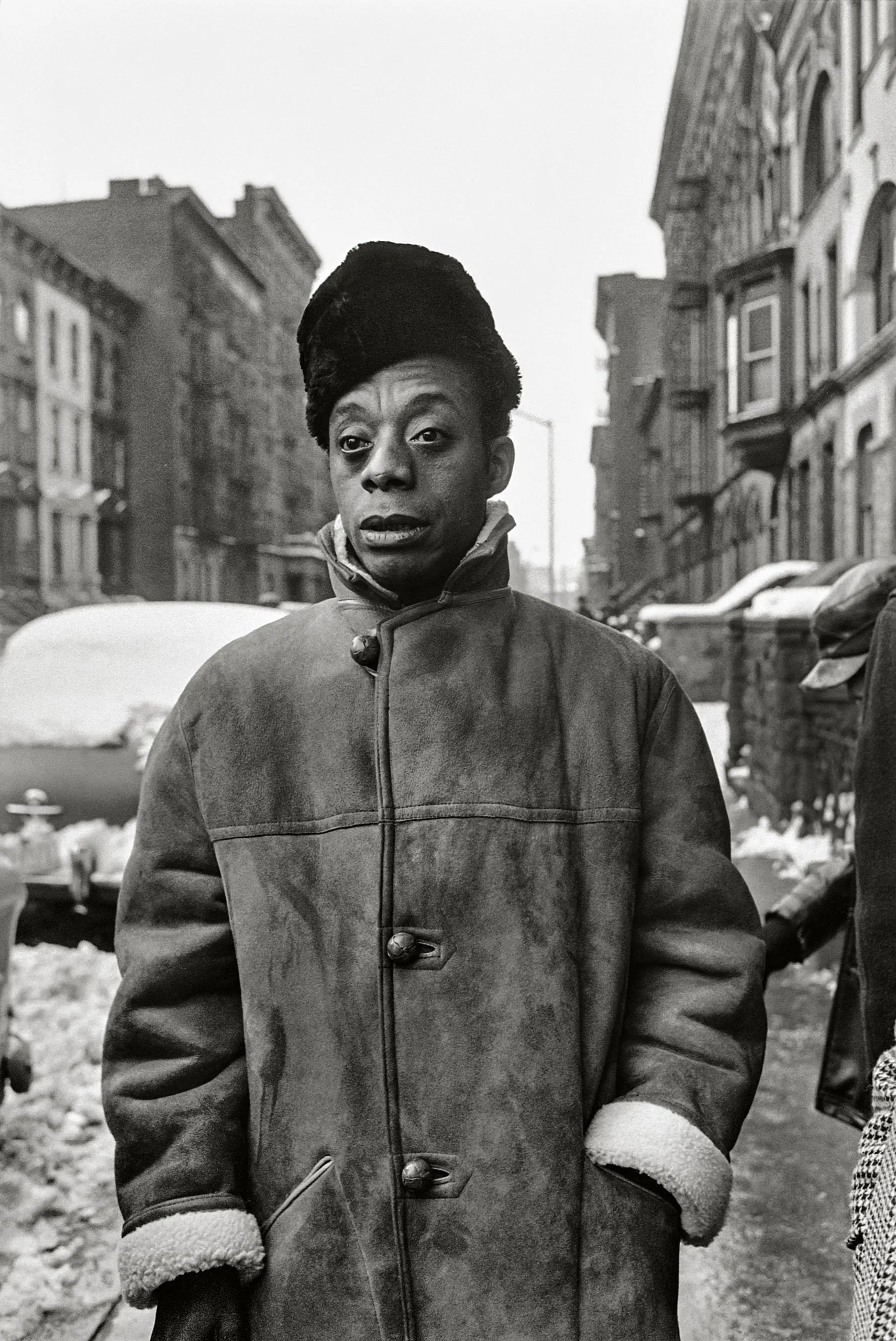The evolution of Black/African American LGBTQ+ literature gives credit to how authors of color continue to create spaces for our voices in literature, as well as add splendor to the literary landscape. It’s no longer just about the need of gay and lesbian literature to be represented, but also the need for these voices to exist as an integral part of the literary conversation. Black presence regarding gay and lesbian literature has become far more prominent in literature and in society at large.
From the proliferation of novels, poetry and memoirs that explore love and community, to works that explore the intersection of blackness and same-sex identity, to fiction that grapples with notions of blackness and queerness in complex aesthetic ways (often subverting stereotype), to complex narrative engagements with notions of sexuality and identity, the themes of exploration, identity, resistance, and diversification have pervaded black/African American literature with profound and ongoing impact.
While representation itself is essential, Black LGBTQ+ characters are critical to literary representation for marginalized communities. In literary works, Black LGBTQ+ characters become signs of dignity and pride – signs that affirmed one’s existence to the self and to the world. Stories and characters offer readers surety and comfort: yes, we did exist and we do have things to tell, celebrate, protest, remember, reclaim.
Literature does not simply reflect society; it helps to create it. Black/African American LGBTQ+ literature was central to the desegregation of queer identities and experiences within the Black community, a precursor to the visibility of today’s Black LGBTQ+ activism, and a precursor to the acceptance of Black LGBTQ+ individuals as members of the Black community, allowing them to feel comfortable coming out of the proverbial closet. Black LGBTQ+ literature also helped to galvanize discussions about inclusion and equality within the context of US society, and challenged the prejudices that had existed within both dominant white society and the Black community itself.
Due to Black/African American LGBTQ+ people’s long-standing contributions to the literary cannon, their texts play a pivotal role in advancing civil rights through education. However, they remain underappreciated to this day as they continue to experience discrimination based on race, sexuality, access to publishers and outlets, and media representation. This requires phenomenal resilience and perseverance on the part of authors who continue to publish in an industry that is slow to change.
The future of this dynamic literary tradition looks bright. As people come to value the stories of more and more diverse voices, it becomes increasingly possible to lift up and affirm Black LGBTQ+ literature. New voices and new stories will continue to stretch the boundaries of what Black LGBTQ+ literature is, ensuring that it will remain an exciting terrain for discovery.
Black/African American LGBTQ+ literature prioritizes intersectionality. Reading intersectionally, and specifically reading Black/African American queer literature, helps to animate how race, gender, sexuality and class operate in relation to each other – and thus how differently situated experiences fit into a multiperspectival Weltanschauung. Rooted firmly in the lived realities of Blackness and queerness, intersectional personal histories pave the way for the creation of stories that are more relevant, relatable, and representative.
In sum, Black/African American LGBTQ+ literature is not only important for literature, the literary canon and how people read and experience works of literature. It is also important for society as a whole. The space these works allow for under-reported and underrepresented voices provides those who are interested with a wealth of understanding into the human experiences of Black LGBTQ+ people. The more that boundaries and borders fall, the more attention people will continue to pay and the more that the authors can contribute to positive change in the world.

One response to “Exploring Black LGBTQ+ Literary Contributions”
Very good